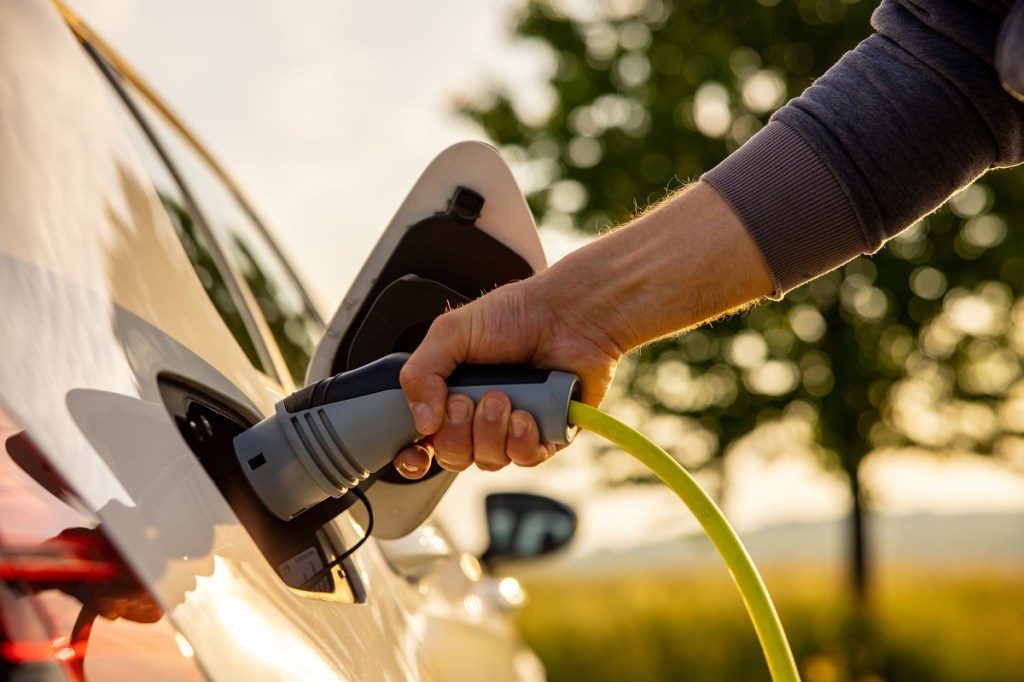The NSW Government will invest $260 million in the 2023-24 NSW Budget to increase EV uptake in the state.
The funding is part of a rollout of a new NSW EV Strategy and will prioritise investment in infrastructure for drivers in regional NSW, renters and people who live in apartments, and people who don’t have access to home charging so they can still take advantage of the cost savings from owning an EV.
Penny Sharpe, Minister for Energy and Climate Change, said increasing the number of electric vehicles on the road is an essential step to getting NSW to net zero emissions.
“To facilitate EV uptake, the NSW Government will increase funding to essential infrastructure.
“Whether it is in apartment buildings, commuter car parks, or kerbside, we are committed to making sure the infrastructure is in place to get electric vehicle drivers from A to B.”
The investment will fund projects such as fast chargers on commuter routes, more kerbside chargers near apartment blocks, and upgraded grid capacity and charging hubs to support fleets.
Daniel Mookhey, Treasurer, said it’s important that the scarce taxpayer dollars they have to transition to electric vehicles are well spent.
“The benefits of government spending shouldn’t be concentrated in the hands of the few, we must ensure its spread across the whole state.
“Savings gained from cutting these costly exemptions and rebates will be reinvested, where it is needed, to deliver a more equitable and efficient EV roll out.”
Rebates for EV purchases and exemptions for stamp duties will cease on 1 January 2024, however those who have purchased or placed a deposit on an eligible EV will still be eligible, regardless of whether the vehicle has been delivered by that date.
These incentives are being phased out because they risk driving up the cost of EVs, resulting in increased profits for manufacturers.
A Road User Charge will commence as planned from 1 July 2027 (or, if earlier, when battery EVs make up 30 per cent of new light vehicle registrations) and will apply to all zero and low emissions vehicles, including plug-in hybrids, registered for the first time or transferred from 1 January 2024.
To stay up to date on the latest industry headlines, sign up to the C&I e-newsletter.

